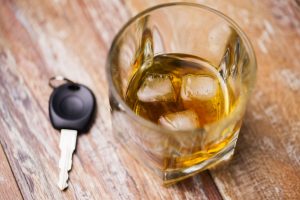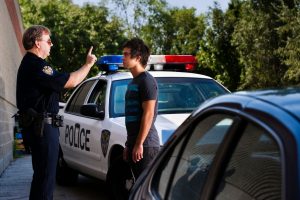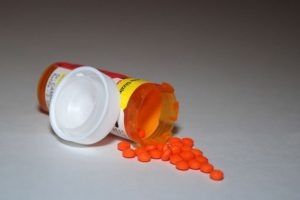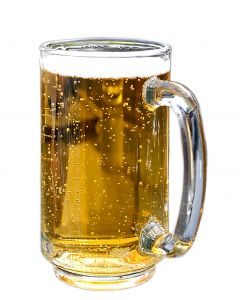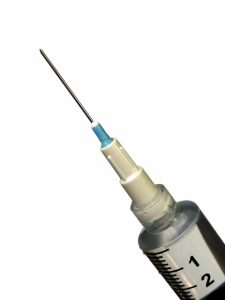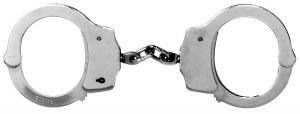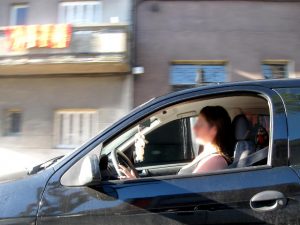Twin bills in the Florida House and Senate threaten to undercut the due process rights of defendants facing Broward DUI charges. HB 39 and SB 260 would require drivers who refuse to take a breathalyzer to install ignition interlock devices at their own expense – regardless of whether they are ultimately found guilty of violating F.S. 316.193, Florida’s DUI statute.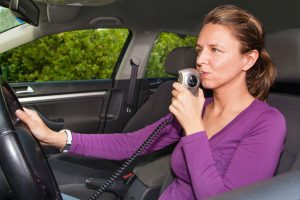
As a Broward DUI lawyer can explain, the proposed statute is aligned the existing implied consent law, F.S. 316.1932. Essentially, this law establishes that driving is a state-extended privilege, as opposed to a right. Therefore, by operating such a vehicle, the state has the right to impose certain requirements. One of those is that drivers agree to the condition that if they are going to drive, they have impliedly given their consent to submit to approved chemical or physical testing (namely breathalyzer tests) for the purposes of determining whether he/she was driving under the influence of alcohol. Such tests must be incidental to a lawful arrest and administered by a law enforcement officer who has reasonable cause to believe the driver is under the influence.
If a driver in these circumstances refuses to submit to a breathalyzer test, their driver’s license is automatically suspended for one year. This is true regardless of whether they are ultimately convicted of a DUI. For second or subsequent refusals, the suspension is 18 months. Continue reading
 Fort Lauderdale Criminal Attorney Blog
Fort Lauderdale Criminal Attorney Blog


